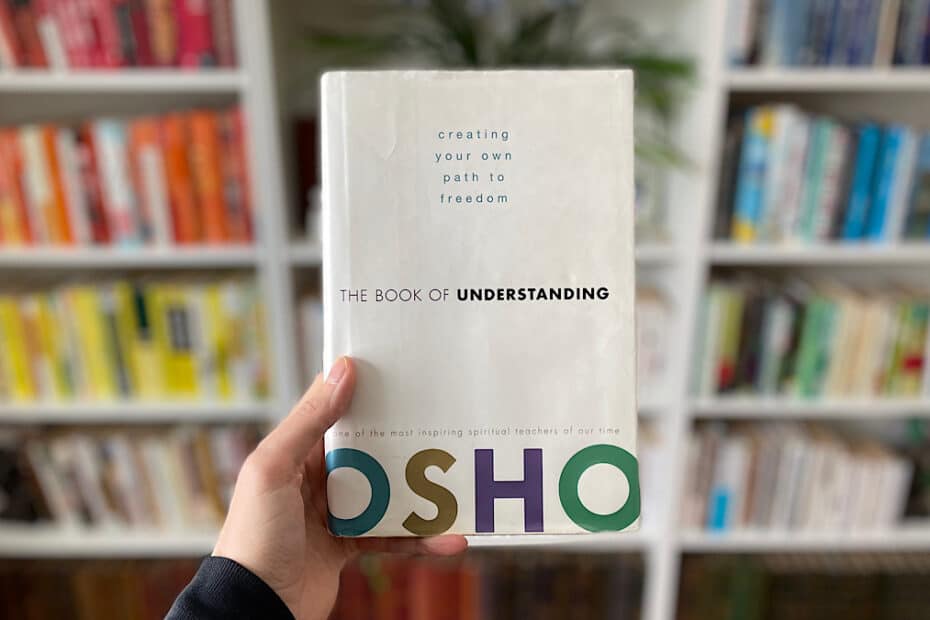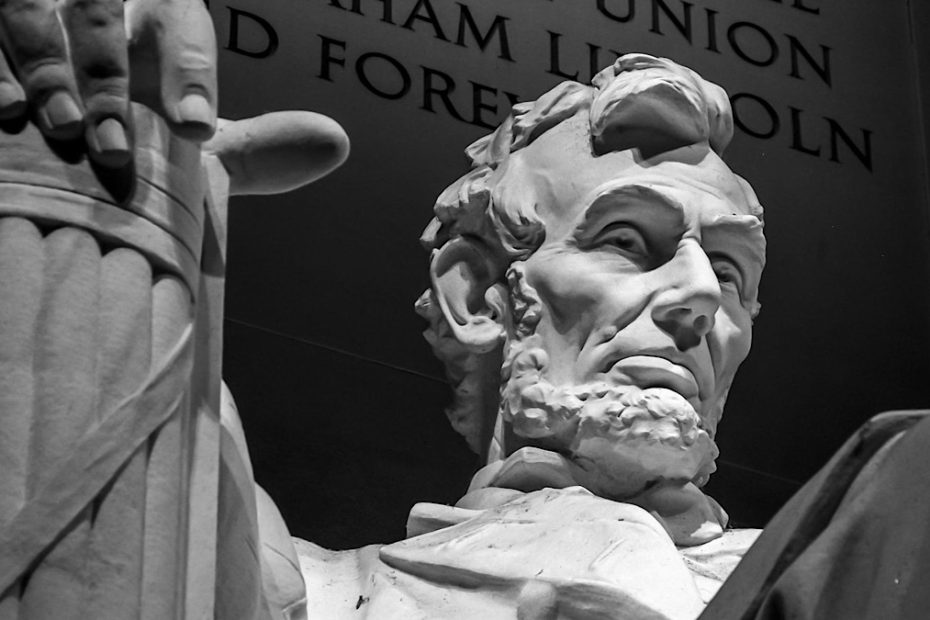23 Profound Osho Quotes from The Book of Understanding
Excerpt: This was the first book by Osho I had ever read—and it shook me. Read my collection of Osho quotes from The Book of Understanding to see why.
Read More »23 Profound Osho Quotes from The Book of Understanding


